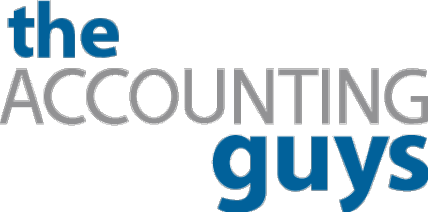Which Assets Need to Be Depreciated?
Business purchases such as office supplies, cell phone plans, and software subscriptions are deducted as standard business expenses. But larger, long-term-use equipment must be depreciated over time. There are three main categories of depreciable business property, as defined by the IRS:
- Three-year property, such as tractors, livestock, and certain manufacturing tools
- Five-year property, including office equipment (e.g., computers, copiers, printers, etc.), cars, light trucks, and construction assets
- Seven-year property, such as office furniture, appliances, and any other assets not included in a previous category.
Real estate can also be written off over a longer period of time. Residential rental properties are depreciated over the course of 27.5 years, while commercial buildings are appreciated over 39 years. Improvements to property, such as roads and sidewalks, can also be depreciated over 10, 15, or 20 years, depending on the specific asset. However, as the land itself does not “wear out,” it typically cannot be depreciated.
Typically, any of the above listed items can be immediately expensed if their cost is under $500.
How Depreciation Works
Most people have a pretty good understanding of how depreciation works for their personal property. It’s most often talked about in relation to vehicles; the moment you drive a car off the lot, its value begins to depreciate, and continues to drop with time and use. This applies to all of the assets listed above as well.
But how does it work for your taxes? Deducting the depreciation of your business assets requires very specific calculations. But the general idea is that you are deducting the lost value of the property you own. You can continue to deduct a portion of the asset’s purchase cost every year, until you either stop using the asset, or until you have reclaimed the entire value of the depreciated item.
Note that, if you use an asset for both personal and business purposes, you can only depreciate a percentage of the asset’s purchase price. For example, if you purchased a laptop that you use for both personal reasons, as well as for your home-based business, and you use it equally for both purposes, only half of the laptop’s cost is depreciable.
If you need further help determining which of your business assets are depreciable, or you want to determine the best method for depreciating your assets, contact The Accounting Guys and speak to one of our Provo tax advisors today.
